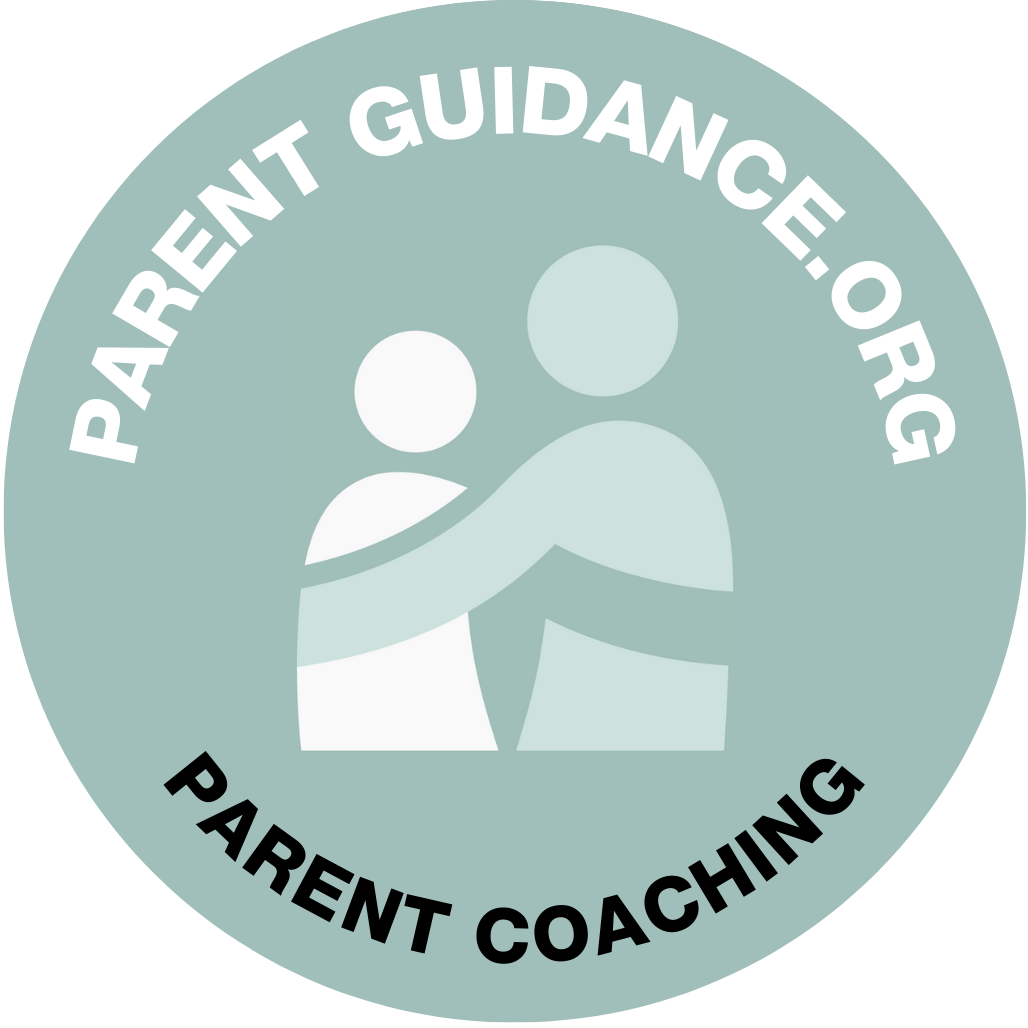Instructional Support Services
Our team of specialists helps children who have issues with behavior, social skills, emotions, speech, language, or development. Specialists usually work with children one on one, and it’s very common for students to receive more than one type of support service.
Autism Spectrum Disorder
Some students with autism communicate by speaking, and others use nonverbal communication. Just like autism looks different for every child, the ways we support them are different too.
Our program consultants work together with each child, their parents, and teachers to decide which support to use and monitor its success.
Deaf and Hard of Hearing
Different methods of communication, like sign language and finger-spelling, and interpreters are used to communicate with your child – and to teach them to communicate with others.
Assistive technology tools, like speech-to-text software, can help make it easier for students to communicate with their teachers and classmates.
Attendance and Truancy
Chronic absenteeism may prevent children from reaching early learning milestones, increase the likelihood of dropping out, and has been linked to poor outcomes later in life. Our Attendance Liaison acts as the go-between the child and their family, and the school, helping to keep the child in school and the family from entering the court system.
Visual Impairments
Orientation and mobility services help students with visual impairments gain independence by teaching them how to use hearing, touch, and navigate their surroundings.
Older students learn advanced skills such as using a cane to clear a path, crossing streets and riding on public transportation.


